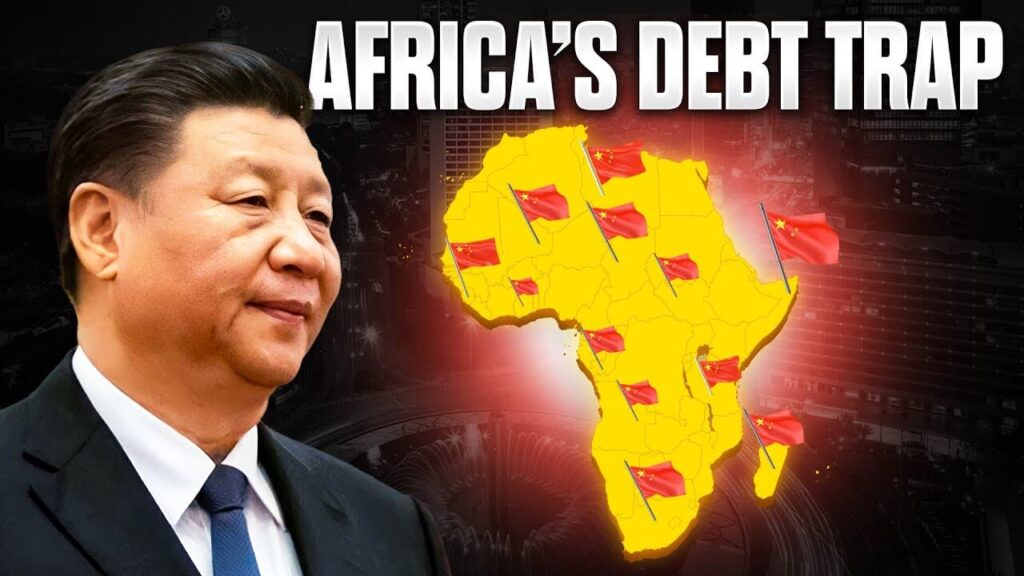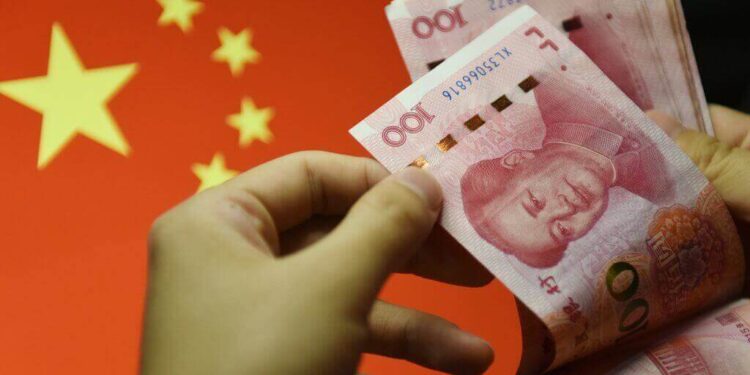China is negotiating a compromise plan with other major creditors that could help break a logjam in multibillion-dollar debt-relief talks for struggling developing nations, people familiar with the talks said.
Beijing has been pushing for multilateral lenders such as the World Bank and International Monetary Fund to join it in taking losses in any debt-restructuring deals, these people said. They said the new plan, if agreed, could see China drop this demand in return for big multilateral lenders and regional partners such as the Asian Development Bank and African Development Bank making more explicit commitments to provide fresh low-cost financing, including grants, to countries whose debt is being restructured.
It could help break an impasse that has held up an agreement by China and other government creditors to restructure the debts of Zambia and serve as a model for multibillion-dollar debt-relief deals for other developing countries in financial distress, the people said. Negotiations could then move on to the details of Zambia’s debt restructuring, such as extending repayment deadlines and lowering interest rates. China continues to oppose taking losses on the face value of its loans, people close to Beijing’s decision making said.
Economic policy makers from around the world will discuss the debt plan during the biannual gatherings of the International Monetary Fund and the World Bank in Washington this week.

Rising global interest rates, along with investor concerns over the war in Ukraine and international banking troubles, have made it more expensive for many developing countries to borrow. According to the IMF, around 60% of low-income countries are at high risk of or already in debt distress, the moment when a country can no longer pay its creditors.
On Wednesday, Chinese officials will join representatives of other major developing-country creditors for closed-door talks, known as the Global Sovereign Debt Roundtable, convened by the IMF, the World Bank and the Indian government, which currently holds the presidency of the Group of 20 major economies. Big private creditors, such as U.S.-based asset manager BlackRock Inc. and London-based bank Standard Chartered PLC, are also part of the roundtable.
Over the past two decades, China has become the dominant government creditor to developing countries, lending almost as much as all other governments in the world combined.
As a number of developing countries have defaulted on loans from China and Wall Street fund managers, Chinese officials have questioned some of the rules governing the international processes that normally govern debt relief, such as shielding multilateral lenders from losses during a debt restructuring.
The U.S. and European governments have opposed Beijing’s demand that multilateral lenders also write down their loans, arguing that doing so would be tantamount to a bailout for China.
The International Monetary Fund, based in Washington, is holding its biannual gathering this week.
Multilateral lenders are responsible for about half of low-income countries’ external debts. But because their loans already come at low interest rates and they are expected to keep financing countries when other creditors pull out, they are usually spared from losses during debt restructurings.
“Requiring the IMF to restructure its loans—like the bilateral and commercial creditors—would unravel the fundamental economic role played by the IMF as the lender of last resort,” said Krishnamurthy Subramanian, executive director at the IMF.
In recent weeks, Chinese officials appear to have softened their position on multilateral lenders, people familiar with the discussions said. “China is shifting the angle for [multilateral development banks in] debt restructuring talks,” one of the people said.
New low-cost financing from development banks, including grants, would help close some of the funding gaps faced by countries emerging from default and could be seen as a form of burden-sharing during a debt restructuring, the people familiar with the discussions said.
People close to Beijing’s decision-making confirmed that China has been in talks about a potential compromise on the role of multilateral lenders. But, those people said, Beijing still has questions over how new financing commitments would be made.
Each development bank—including the World Bank, the Asian Development Bank and the African Development Bank—has a different set of key shareholders, requiring support from countries such as the U.S., Japan and Nigeria.
Another key question for Chinese officials, the people familiar with Beijing’s decision-making said, is how the grants, which could be substantial, would be funded.
Source: The Wall Street Journal







